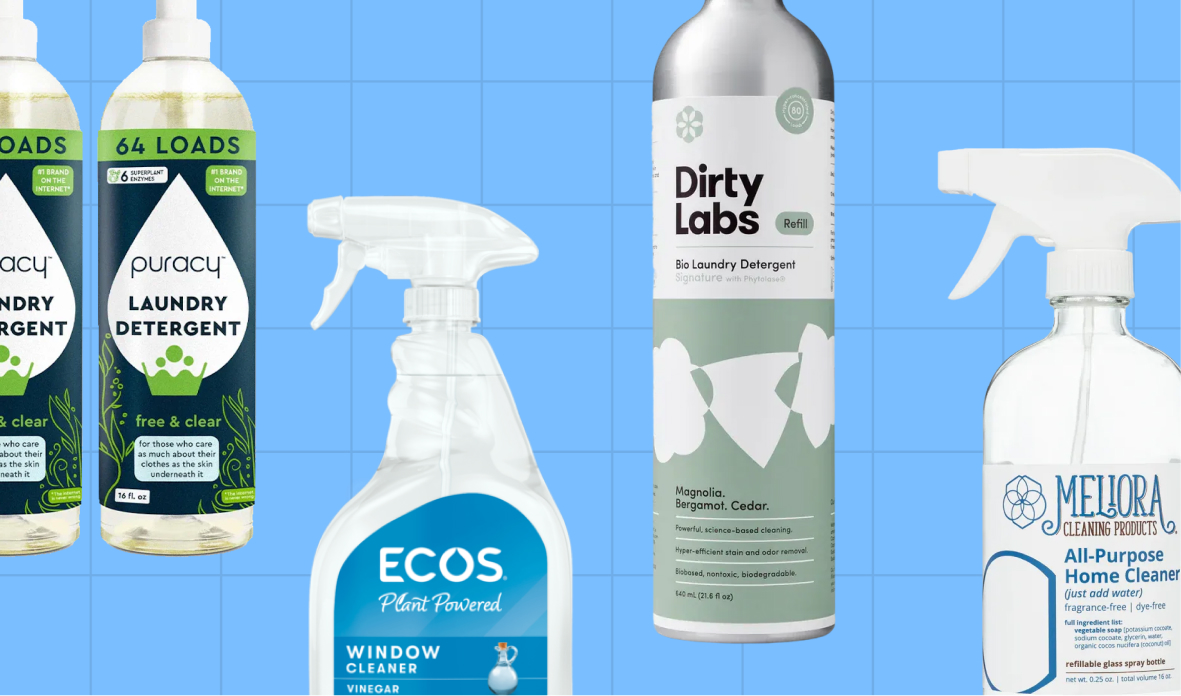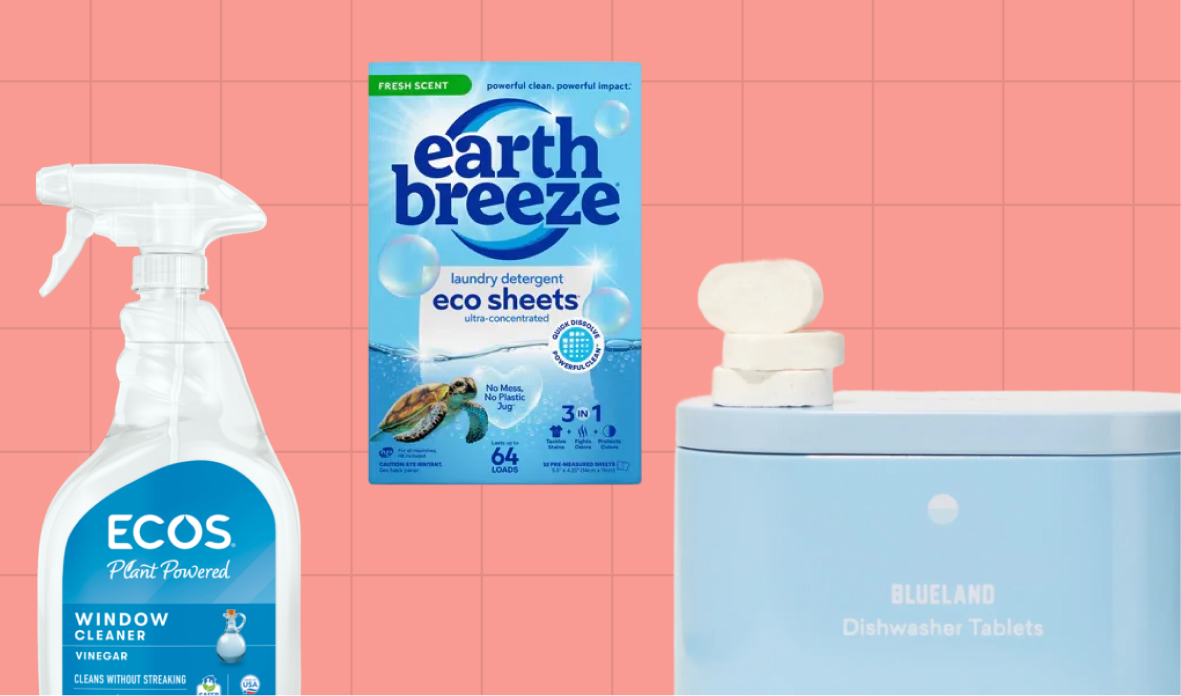Breaking the Cycle of Plastic Pollution: Diving into the 2023 Break Free From Plastic Pollution Act

Join the community





Three Democratic members introduced the Break Free From Plastic Pollution Act of 2023 in October 2023 to address the plastic pollution crisis directly. This 2023 version is stricter and stronger than the versions introduced in 2020 and 2021.
Senator Jeff Merkley of Oregon leads the bill's authorship. Representative Jared Huffman of California, Senator Ed Markey of Massachusetts, and numerous environmental groups such as Green America, Greenpeace USA, Ocean Conservancy, and the World Wildlife Fund support him.
If the bill passes, companies will need to reduce their plastic production and adhere to stricter regulations regarding the use of toxic chemicals in plastic products.
Plastic recycling systems cannot tackle the rising plastic pollution
When plastic reaches the oceans, it breaks down into smaller parts called microplastics. These microplastics pervade all aspects of our lives. Researchers have detected them near the Everest peak, in rainwater, and even in human placentas. Our plastic recycling systems alone cannot combat this escalating issue.
We must curtail plastic production. However, a concerning trend is emerging. As the demand for fossil fuels decreases with the rise of renewable energy sources like wind and solar, fossil fuel companies are increasingly converting oil into plastics. If we allow this trend to continue, plastic production will triple by 2060.
The new bill aims to reduce plastic production by setting more specific targets. It aligns itself with California’s plastic reduction bill and requires plastic producers to decrease the amount of plastic they produce (by weight and by number) by 25% by 2032 and by 50% by 2050.
It will set up grants for promoting reuse and refill projects to phase out single-use plastics.
The bill retains some aspects from the earlier versions
The bill maintains the proposal to create a national bottle bill, which allows individuals to recycle their beverage bottles, receive a refund for their deposit, and increase the use of post-consumer recycled material in plastic bottles. This will help to reduce the problem of single-use plastics.
Additionally, it upholds the plan to establish a nationwide policy of extended producer responsibility. This means that plastic companies would pay membership fees to a centralized organization that would be accountable for increasing the use of post-consumer recycled material and reducing overall plastic production.
Similar to the last two versions, it prohibits producers from selling packaging containing toxic substances. It also imposes restrictions on facilities that use chemical recycling to process plastic waste and aims to standardize labeling for recycling and composting.
Although the likelihood of the bill's passage is low (given the minimal changes in the makeup of Congress in recent years), it would still be a victory if certain parts of it were implemented at the state and local levels.












